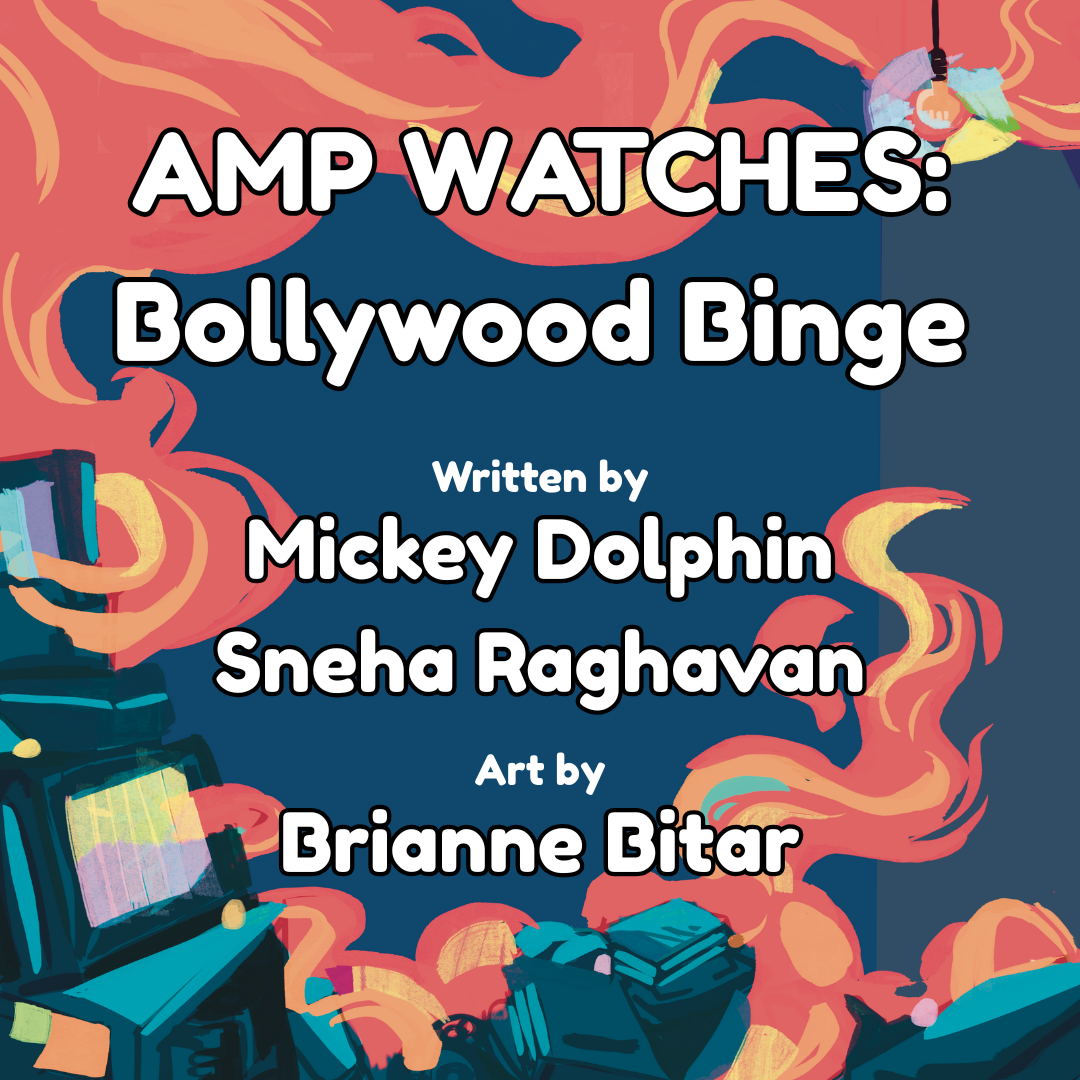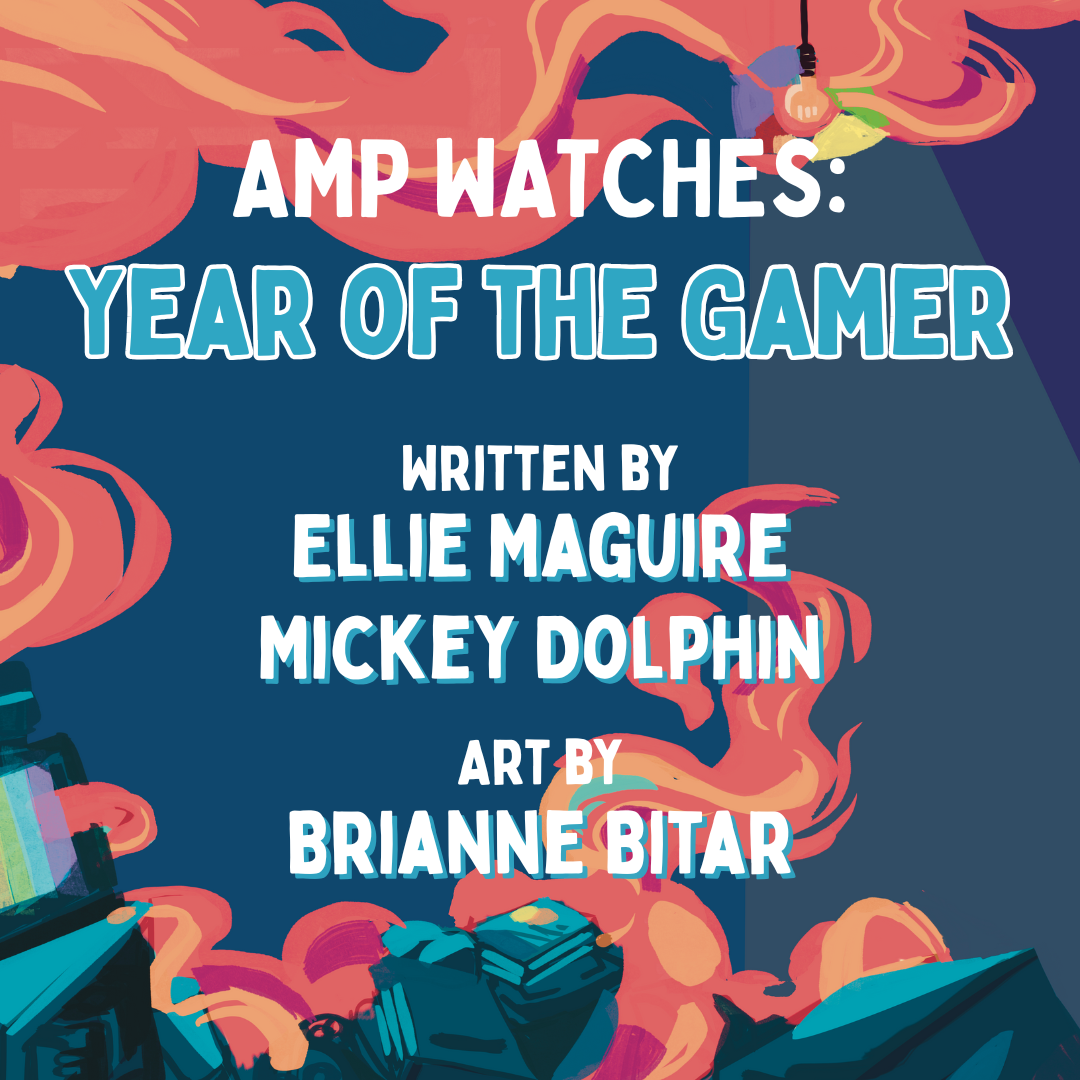It’s September once again, so ‘tis the season for, uh… well, you can probably guess where we’re going with this. See, it would’ve been easy to cover movies specifically about this infamous tragedy, but we here at AMP don’t care about taking the easy road. No, this time we wanted to focus on films that are only tangentially related to 9/11. Nobody in either of these films ever utters the term “9/11” or verbally alludes to the events of that fateful day, but both films have a subtle (or not so subtle) connection to the event nonetheless. Keep reading and you’ll see what we mean.
It’s a Very Merry Muppet Christmas Movie (2002)
I’d like to think of myself as a Muppet fan — a Muppet connoisseur, even. I was raised on the Muppets, so when I caught wind of the fan theory where Kermit the Frog’s existence was implied to have caused the events of 9/11, I had to dive deeper and investigate these very serious accusations. I mean, Kermit? Really? He’s just a little guy! If it’s not easy being green, then I’m sure it’s even harder being a terrorist. I had to clear his name, come hell or high water.
This led me to watch “It’s a Very Merry Muppet Christmas Movie” in late August as opposed to the actual holiday season. Right off the bat, the movie throws us for a loop by showing Kermit lamenting the loss of the Muppet Theater and then suddenly introducing us to… angels? In heaven? Which is apparently some sort of corporate office? We meet an angel simply named Daniel From Accounting (I’m choosing to believe that’s his full, legal name) who’s been keeping tabs on Kermit and is determined to help him out of this rut. He takes the issue up with God, who is Whoopi Goldberg because why wouldn’t she be, and they watch the events that led to the loss of the Muppet Theater on her giant, floating flatscreen television.
It turns out that Mr. Bitterman, the man who originally leased the theater to this merry band of puppets, is now DEAD. He’s survived by his spouse, resident conniving businesswoman Rachel Bitterman, played by Joan Cusack who I am horribly, terribly in love with. She informs them that they must pay her what they owe her by Christmas Eve, or she’ll repossess the theater and turn it into an overpriced nightclub. This sends the Muppets into a panic as they try to sell out their Christmas Eve show, which they actually manage to do! But unfortunately, Kermit agrees to let Fozzie Bear deliver the cash and he’s chased around town by various adversaries until he arrives at the bank — with the wrong bag. The deadline passes and the Muppets have officially lost the theater they worked so hard to get.
This leads us back to our divine observers. God, who I’ve decided to dub Whoopi Godberg for the remainder of this review, agrees to help Kermit by isekai-ing Daniel down to earth to do everything himself. Fozzie feels terrible for what happened, but Kermit feels even worse. He feels so badly, in fact, that he curses his own existence and wishes he was never even born. Now apparently there’s a rule in divine intervention where if someone makes a wish to have never been born, their guardian angel HAS to make it happen. So, Daniel grants Kermit’s wish and transports him to a world where he never existed. And what does this Kermitless reality look like? Corporate, violent, soulless — although not towerless. This is actually where the 9/11 connection comes in.
Apparently, the “Kermit did 9/11” theory is born from a simple error during the film’s production. During one scene inside Miss Piggy’s apartment in the universe where Kermit had never been born, the Twin Towers are clearly visible through her living room window. This implies that Kermit’s birth is, in some way, connected to the toppling of those tilted towers. Director Kirk Thatcher has since debunked this, stating that the background cycloramas were more than a year old, hence why the towers were visible through Miss Piggy’s window. Don’t worry y’all, this amphibian is as innocent as they come.
So, once Kermit realizes how good he had it, he begs Daniel to send him home so he can appreciate what he still has. There’s a brief cop-out where Daniel confesses that he doesn’t know how, but Whoopi Godberg comes in clutch and makes it happen. It’s also revealed that the Muppet Theater has been turned into a historical landmark, so Ms. Bitterman can no longer repossess it. Yay!!! Cue The musical number!!!
I’ll admit this is one of the more chaotic installments in the Muppet franchise with a slightly weaker script than most, but I still enjoyed it immensely. Now, if you wanna watch a truly top-notch Christmas film, do yourself a favor and queue up “The Muppet Christmas Carol” (1992), which is honestly the best film adaptation of “A Christmas Carol” that I’ve ever seen and probably my favorite Muppet movie to date.
All in all, I’m just glad we were able to clear Kermit’s name of any responsibility for a certain tower-related tragedy beyond a reasonable doubt. I stand with this cancelled frog.
Remember Me (2010)
Allen Coulter’s “Remember Me” (2010) is described by Wikipedia as an “American coming-of-age romantic drama film.” I will freely attest that it is a deeply American film. In that the main character has a birthday on-screen, I will concede that it technically could be considered a coming-of-age film in the same way a recording of me singing in the shower could technically be considered good music. There is very little else I am willing to grant this utterly forgettable film.
The movie opens on our 11-year old eventual love-interest watching her mother get mugged and murdered in front of her. Skipping forward a decade, our protagonist Tyler (Robert Pattinson) gets a black eye after mouthing off a cop. His roommate recognizes the daughter of the cop, Ally (Emilie de Ravin), at their college and goads Tyler into sleeping with her. This leads to a summer of romance between the two, which ends when the cop breaks into Tyler’s apartment and Tyler is forced to admit to Ally that their relationship was originally based on a dare. She leaves distraught, but their romance is rekindled after Tyler’s 11-year old sister gets her hair cut by bullies at a sleepover and every named character in the movie rallies together around this for some reason. Later, Tyler tries to meet his father in his office at the fancy office in the World Trade Center. It’s then revealed that the date is September 11th, 2001, and Tyler is inside the North Tower moments before it gets hit. Yes, this is played completely seriously. Cut to a montage of everyone in NYC pointing up at the sky in horror of the permanent change to the New York City skyline. The last three minutes of the film show all the surviving characters healing from their respective traumas (9/11 and otherwise) and ends with Ally taking the subway where her mother was murdered all those years ago.
At least, that’s what I think I saw. While I understand that 2001 was before my time and that adding realistic period-accurate lighting to historical dramas is always a challenge, I thought the ancient world of early-2000s New York City understood technology like neon signs and ceiling lights. But alas, there were significant chunks of this movie I literally could not see.
Another problem was that a lot of the movie just wasn’t there, like when Tyler’s sister’s hair is cut at the sleepover. We’re shown her walking into the sleepover and we get multiple shots around the phone calls that happen the next morning, but that’s it. In a different film, I could appreciate purposeful storytelling subtlety. But this is a film whose opening scene makes sure we understand that the subway is a dangerous place where people of color mug and shoot blonde women in front of their blonde, blue-eyed daughters (don’t worry, there are no racial undertones to this – the film knows racism is bad when the cops do it to Irish people). It could at least be bothered to show a hand taking a pair of scissors to a wig.
The film also thinks it has complex characters who grow over time in response to events. Throughout the movie, we see Tyler go from the kind of guy that gets into a physical altercation with a cop for being rude to the kind of guy that throws a fire extinguisher at a girl’s head for making fun of his sister. The film depicts this as growth. Similarly, it shows that his negligent workaholic father is good, actually, because his computer background is a slideshow of his kids. Ally’s father is depicted as a good father after hitting her (and later breaking into her boyfriend’s apartment for police brutality pt. 2) because he hugs her at the end. The framing doesn’t depict them as complicated people who are still learning – the music and everything around them tells you that they’re good people now. This is still more than any of the women in the film get, in that it is technically above zero.
All in all, this was a highly forgettable movie. And if you don’t watch it, you’ll have seen exactly as much as I’ll remember about it in a week.










